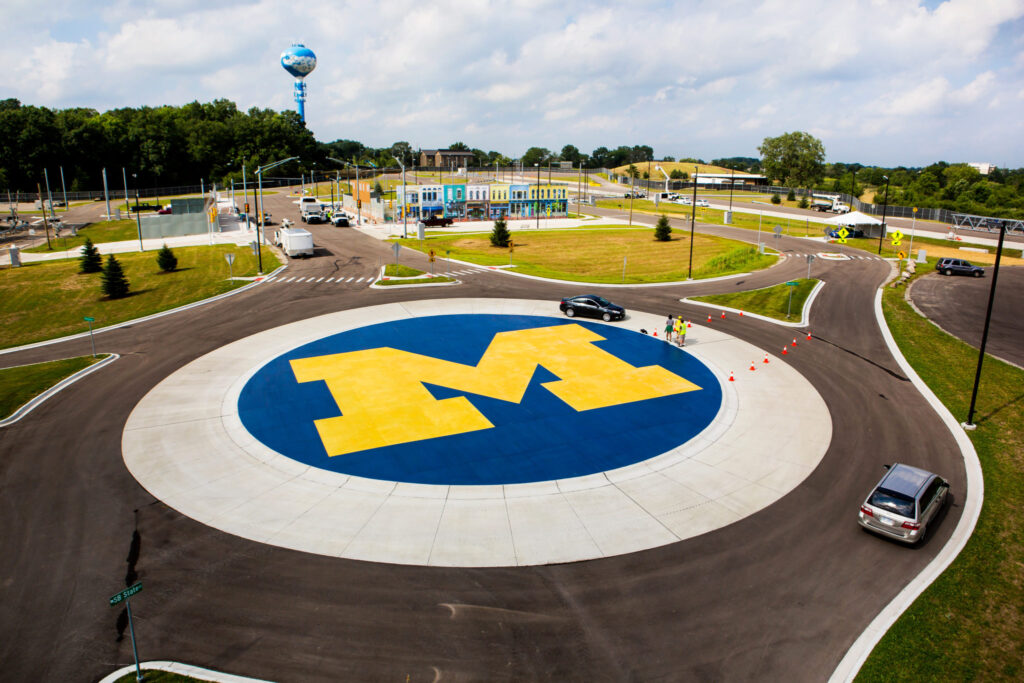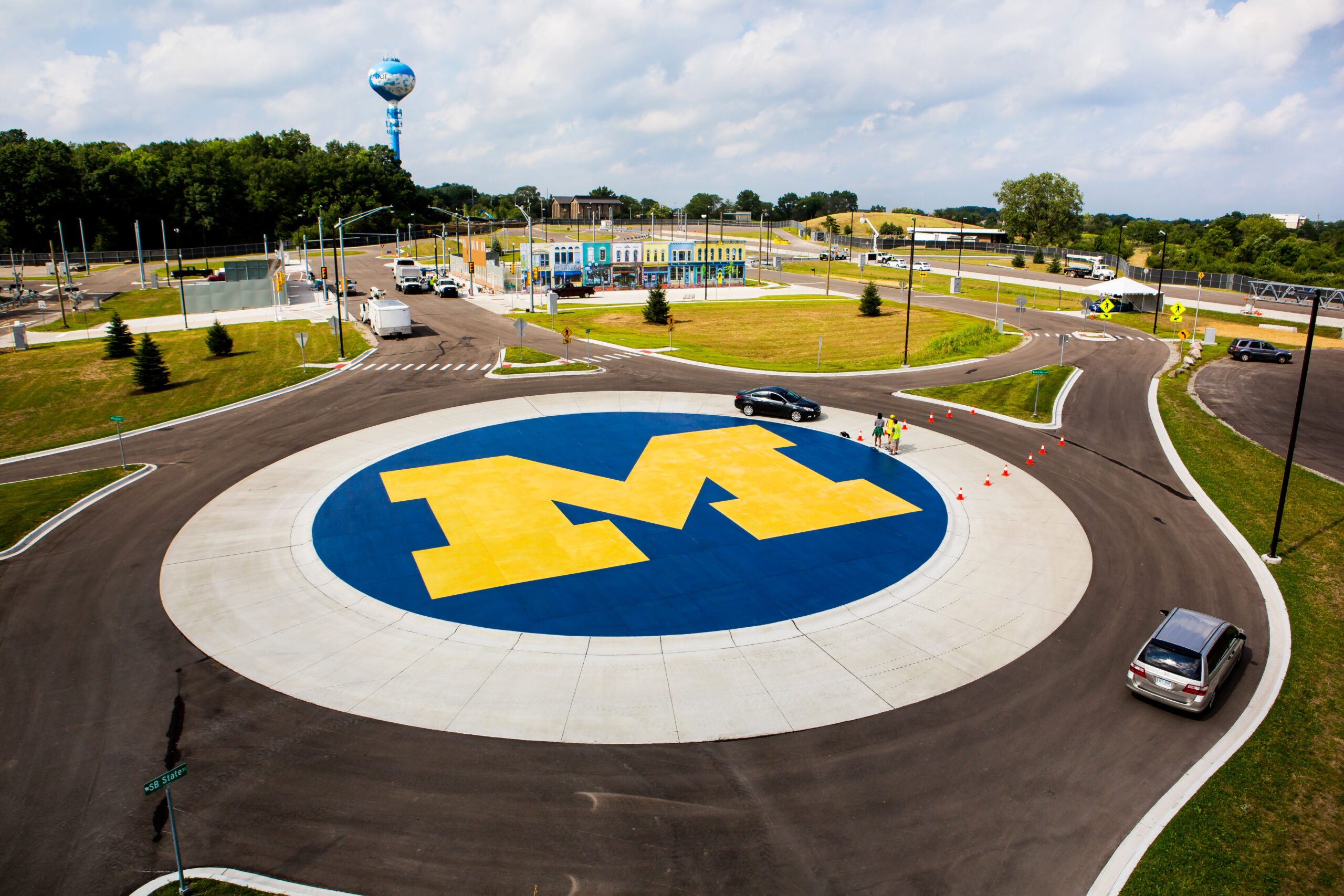
Cybersecurity and self-driving cars are two of the biggest topics in automotive news at the moment, and recently General Motors was dishing on each. Amid the announcement that GM had acquired Cruise, a startup that provides self-driving kits to existing vehicles, GM was also pitching its white hat hacking program to help them identify security gaps in their software. This is a good program to have and mirrors what the software industry has been doing for years.
Ann Arbor’s security heritage
Ann Arbor is no stranger to cybersecurity. It probably started with Merit, which began providing services in 1996 and spends some of its time now offering the Cyber Range, a platform for professional cybersecurity training and testing. But Ann Arbor is also home to Arbor Networks, the leader in security of DDoS attacks, a major center for Barracuda Networks, and Duo Security, which has seen huge growth in two-factor authentication (and houses Duo Labs, which researches security issues and occasionally makes quirky videos about a particular moment of automotive hacking history). Ann Arbor is also home to ENCRYPT, the leader in automotive embedded security for years. Naturally, the founders of ESCRYPT stuck around Ann Arbor after selling the company to Bosch, and now André Weimerskirch leads the cybersecurity activities at the University of Michigan’s Transportation Research Institute.
When you add that to the list of things happening in the automotive/mobility industry in Ann Arbor, it’s little surprise that companies like TowerSec, an Israeli-based automotive cybersecurity firm, chose Ann Arbor to start their North American operations (TowerSec, by the way, was just acquired by HARMAN). To add to that, Karamba Security, also based in Israel and Ann Arbor, just announced a $2.5 million raise for their connected vehicle cybersecurity work.
The intersection of mobility and security

The University of Michigan’s Transportation Research Institute is leading the way in connected vehicle safety studies, the Mobility Transformation Center built Mcity, the first-of-its-kind faux city to test automated vehicles. Downtown Ann Arbor is essentially an open-air technology park, with over 2,300 people working in technology within a one square mile radius. Plus, Ann Arbor is home to plenty of other things in the connected and automated vehicle space with plans to develop Willow Run into a large-scale mobility validation center. It also doesn’t hurt that Toyota’s technical center is down the street, along with Hyundai, Mercedes Benz, Honda, Subaru, and others nearby. By the way, Toyota just announced its third location in Ann Arbor, steps away from Mcity, to focus on autonomous research.
There are plenty of challenges we’ll face with cybersecurity, especially when it comes vehicle security. But when you overlap its heritage and innovation in information security with its growing focus on mobility technology, it’s clear that few other places are poised to answer the questions of automotive cybersecurity than Ann Arbor.